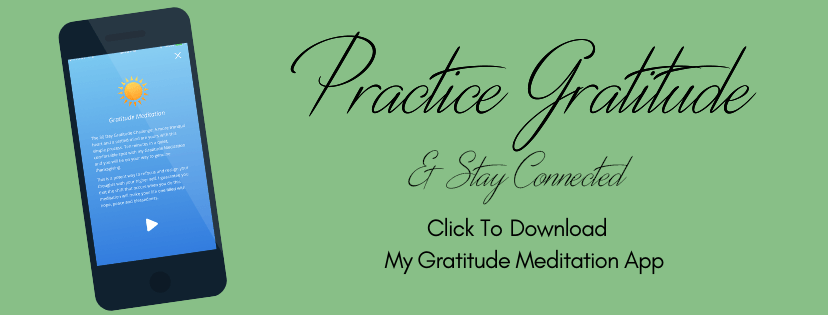The National Sleep Foundation Senior Health website recommends for adults ages 65 and older, 7-8 hours of sleep per night for better cognition, mental, and physical health. Seniors, especially women, suffer from sleep deprivation due to trouble falling asleep. Additionally, women often sleep less deeply, and have less slow brain wave activity (REM)—that body-restoring and rebuilding phase of sleep. We also wake up more often throughout the night, creating daytime tiredness and the perchance for napping. Sleep issues affect as many as 25% of older women.
The Nurses’ Health Studies, among the largest studies into the risk factors for major chronic diseases in women, was begun in 1976 and is ongoing. The studies have compiled data on more than a quarter of a million women.
Using the benchmark of seven hours of sleep per night, the NHS found:
- Shorter and longer sleepers were less physical active, and had higher body mass indices.
- Less than five-hour sleepers scored significantly lower on cognitive tests.
- The shortest sleepers experienced the worst cognitive decline later in life.
- Just two hours a night less over time was enough to accelerate this decline.
Overlaying directly with the NHS, Daniel Polesel PhD., at Federale Universidad de Sao Paulo found Obstructive Sleep Apnea Syndrome (OSAS) is prevalent in postmenopausal women, especially in “late postmenopause,” noting OSAS in women increases significantly after menopause. For moderate and severe OSAS, the researchers found our waist circumference in both early and late postmenopause to be the
main factors for sleep apnea. Dr. Polesel noted that late postmenopause may potentially exacerbate the presence of sleep disturbances and that reducing our waist measurement may be an important way to help manage OSAS.
A huge study of 2,789 women reported the addition of bedwetting (nocturnal enuresis-NE) along with OSAS. The symptoms associated with NE include: obesity, snoring, poor sleep quality, sleep fragmentation, daytime sleepiness, and hypertension. Each additional OSAS risk factor significantly increased the odds of having NE in comparison with women with no risk factors.
What is the cause behind this sensitive, underdiagnosed issue?
We experience apnea-associated changes in the air pressure in our lungs which leads to increased urine output. To further mess with our shut-eye, NE may be a surrogate condition for nocturia, a condition causing us to wake up during the night because we have to urinate. As we get older, many of us urinate more frequently, especially at night. In general, women, and men, over age 60 do not usually urinate more than twice a night.
“Patients with severe nocturia may get up five or six times to go to the bathroom,” said, Dr. Robert S. Rosenberg, a pulmonologist and medical director of the Sleep Disorders Center of Prescott Valley and Flagstaff, Arizona. “Sleep apnea triggers the frequent urination.”
If you wake up to pee more than twice, give your doctor a call.
Another cause of disruptive, fragmented, less restorative sleep? Post-menopausal hormone levels. It’s often called hormonal insomnia or progesterone insomnia. At all stages of a woman’s life, the hormone progesterone affects brain function. When in balance, it produces a sense of calmness, and its sedating
and anti-anxiety qualities help promote rejuvenating sleep. Progesterone and sleep are tightly connected as our brains are highly sensitive to progesterone.
As we know, our progesterone levels drop drastically after menopause. All of us on the other side of 55 know the multitude of ways menopause affects sleep.
Hormone impacts on sleep
Bio-identical hormone replacement therapy is one option to tame those symptoms, if started within one year of entering post-menopause. This therapy received bad press fifteen years ago, and, many of us tossed our hormones in the trash, stomped on them for good measure, and then incinerated them.
However, once cooler heads prevailed, and the smoke had cleared from all those fires, subsequent research drilled into the flawed Women’s Health Initiative Study and proved bio-identical hormones—those biologically identical to the hormones our bodies produce—are a safe and effective way to even out hormone depletion and keep a woman’s body firing on all cylinders. Whew.
Another hormone, dehydroepiandrosterone, or DHEA, also helps maintain normal sleep patterns. DHEA peaks when we are young and carefree, and then begins to decline. By the time we reach 70, our DHEA levels may be less than one-fifth of what we had at age 20.
Our thyroid glands also have an impact on every system in our body. Thyroid levels affect our energy levels, mental focus and functions, sleep cycles, and more. About 25% of women develop thyroid problems by the time they reach their early forties.
To add another bug in the bathwater, stress and high cortisol level wrecks sleep. At night, just as we need to wind down, cortisol levels rise. We then feel more alert and awake at bedtime, making sleeping impossible. This cycle of exhaustion repeats itself, never allowing us to get the restorative sleep that would help bring our levels back to normal.
Also, a lack of sleep raises our cortisol levels even more. Cortisol is made in the adrenal cortex from progesterone. The small amount of progesterone being produced (and that is a micro-dot amount compared to our pre-menopause days) creates cortisol, which allows little or no progesterone to come to our sleep aid.
But, there is hope on the horizon, and I will share some proven ways to sail off to the land on Nod.
Until next time… Be Vibrant!
Living Vibrantly
Like what you see? Subscribe to receive exclusive tips to start living Vibrantly!
